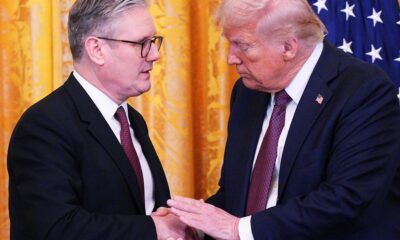INTERNACIONAL
El ex presidente Evo Morales renunció al MAS y rompe definitivamente con el oficialismo en Bolivia
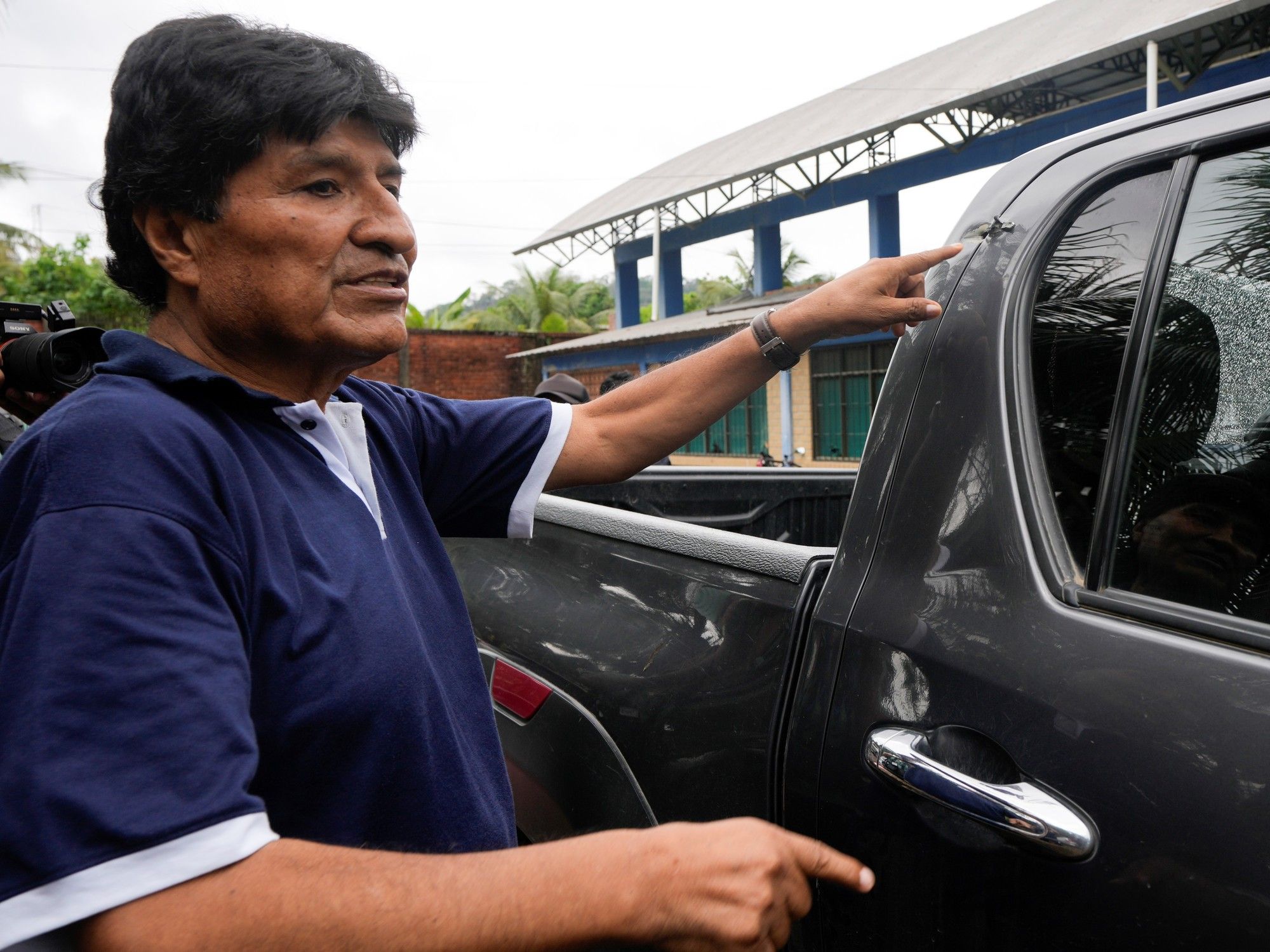
INTERNACIONAL
Mexico extradites dozens of cartel leaders and members to US, including drug lord Rafael Caro Quintero
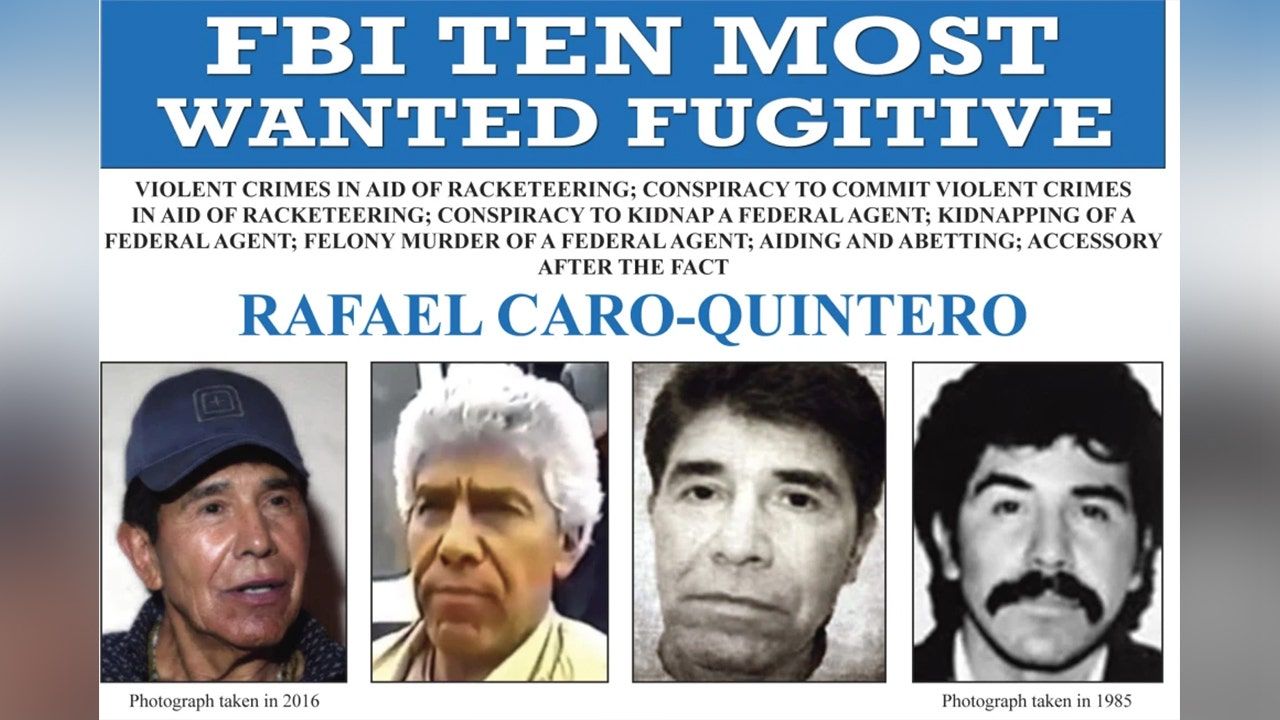
Mexico has begun the process of extraditing dozens of high-level cartel leaders and members to the U.S., including Rafael Caro Quintero, a former leader of the Guadalajara cartel involved in the kidnapping and murder of Drug Enforcement Administration (DEA) agent Enrique «Kiki» Camarena in 1985.
The founders of Los Zetas, Miguel and Omar Morales, also known as Z-40 and Z-42, will be extradited to the U.S. as well.
The extraditions were done at the request of the U.S. government as President Donald Trump’s tariff deadline looms. One of the president’s demands is for Mexico to crack down on dangerous cartels and fentanyl production and distribution.
SINALOA CARTEL TAKES ROOT IN AMERICAN NEIGHBORHOODS: WHERE ARE THEY?
«This morning, 29 people who were deprived of their liberty in different penitentiary centers in the country were transferred to the United States of America, which were required due to their links with criminal organizations for drug trafficking, among other crimes,» Mexico’s Attorney General’s Office and Secretariat of Security and Citizen Protection wrote.
«The custody, transfer and formal delivery of said people is carried out under institutional protocols with due respect for their fundamental rights, in accordance with our Constitution and the National Security Law and at the request of the United States Department of Justice.
«This action is part of the tasks of coordination, cooperation and bilateral reciprocity, within the framework of respect for the sovereignty of both nations.»
President Trump threatened to impose tariffs on Mexico, and now officials like Mexican President Claudia Sheinbaum are working with the U.S. to take on drug cartels and fentanyl. (Reuters)
The Associated Press reported that the removal of the Mexican drug lords coincided with a visit to Washington, D.C., by Mexican Foreign Minister Juan Ramón de la Fuente and other top economic and military officials, who met with U.S. Secretary of State Marco Rubio.
The meeting was the latest in ongoing negotiations with the U.S. over trade and security relations, which have radically shifted since Trump returned to the Oval Office Jan. 20.
Negotiations resulted in the handover of one of the FBI’s ten most wanted fugitives, Caro Quintero, who walked free in 2013 after serving 28 years in prison. Caro Quintero was released when a court overturned his 40-year sentence for the 1985 kidnapping and killing of DEA agent Camarena.
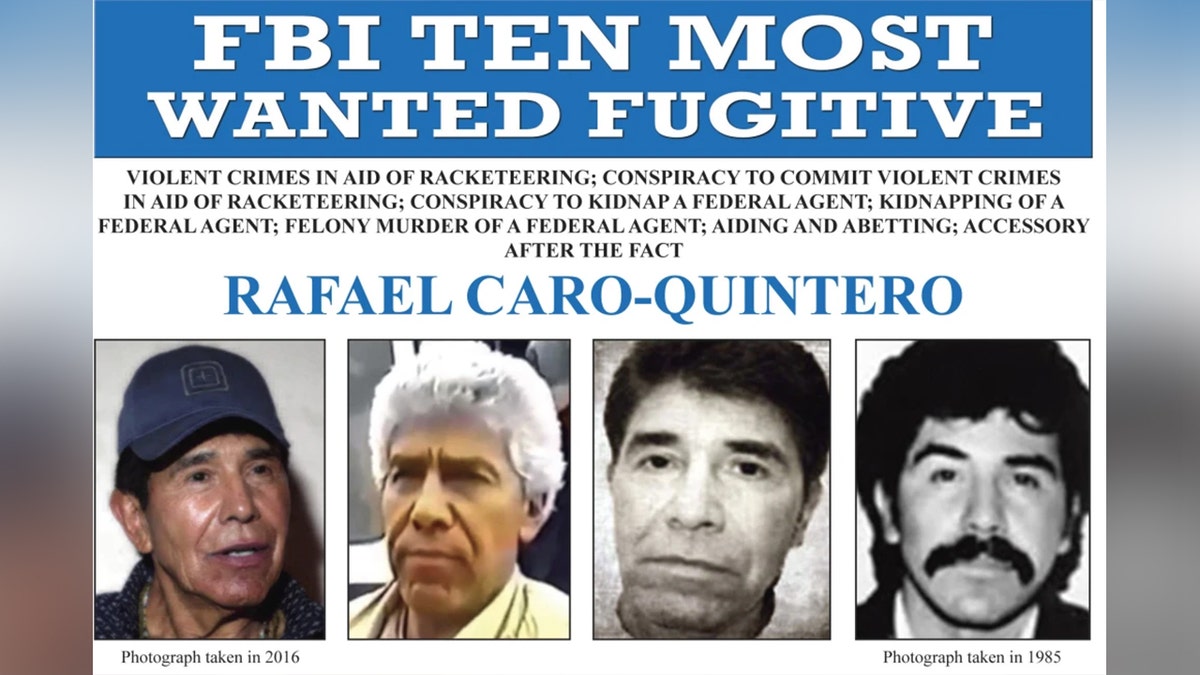
This image released by the FBI shows the wanted poster for Rafael Caro Quintero. (FBI via AP, File)
Caro Quintero was arrested again by Mexican forces in July 2022 after he allegedly returned to drug trafficking. He was the former leader of the Guadalajara cartel, and the DEA alleges he had returned to drug trafficking and ordered bloody attacks in the northern Mexico border state of Sonora.
Caro Quintero blamed Camarena for a raid on a marijuana plantation in 1984, allegedly ordering his kidnapping the following year. Camarena’s body was found a month later with evidence of torture and abuse.
The FBI added Caro Quintero to the Top 10 Most Wanted list in 2018 and offered a reward of up to $20 million for information leading to Quintero’s arrest and/or conviction.
MEXICO NABS FBI MOST WANTED CARTEL BOSS ACCUSED OF ’80S KIDNAPPING, MURDER OF DEA AGENT
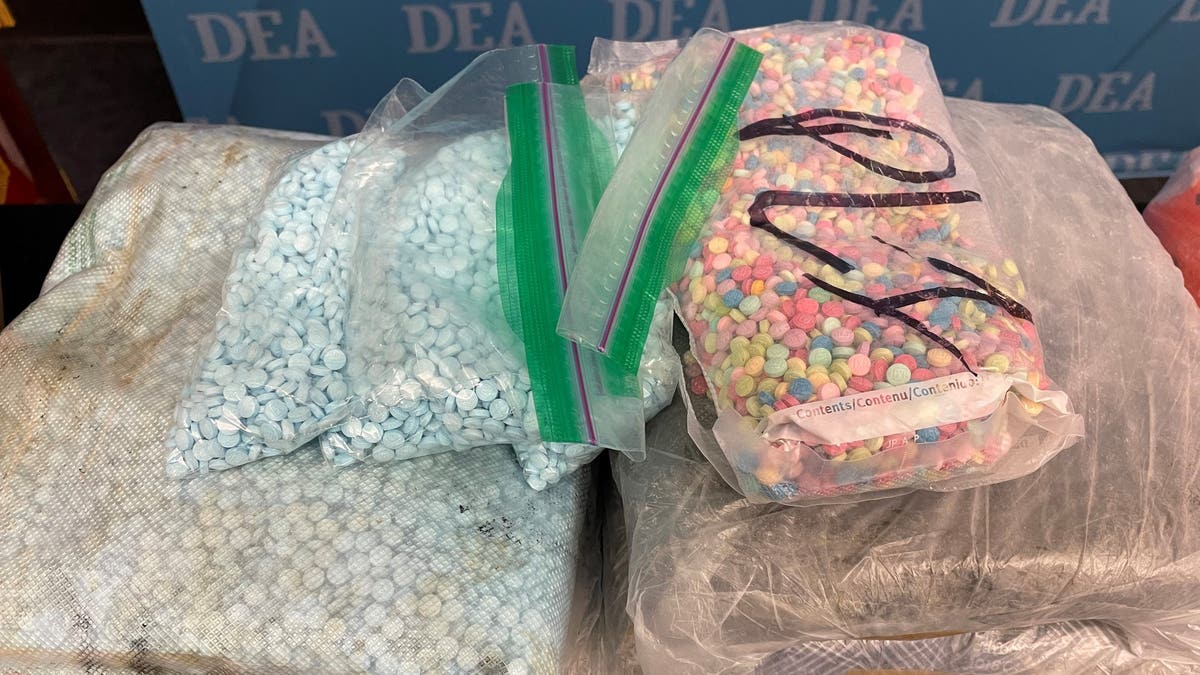
Cartels sell rainbow fentanyl pills, the DEA says. (Drug Enforcement Administration)
In January, a nonprofit group representing the Camarena family urged the Trump administration to renew longstanding U.S. requests for Mexico to extradite Caro Quintero, the AP learned after obtaining a copy of the letter from a person familiar with the family’s outreach.
«His return to the U.S. would give the family much-needed closure and serve the best interests of justice,» the letter said.
Since taking office, Trump has threatened to impose trade tariffs on Mexico, and several Mexican cartels have been designated by the State Department as foreign terrorist organizations.
The U.S. had sought the extradition of Caro Quintero shortly after his arrest in 2022. But the request remained stuck at Mexico’s foreign ministry for unknown reasons as Mexican President Claudia Sheinbaum’s predecessor and political mentor, Andrés Manuel López Obrador, curtailed Mexican cooperation with the DEA to protest undercover U.S. law enforcement operations in Mexico targeting senior political and military officials.
CLICK HERE TO GET THE FOX NEWS APP
The removal of the Treviño Morales brothers also marks the end of a long process that began after the capture in 2013 of Miguel Treviño Morales and his brother, Omar, in 2015. The process went on for so many years that Mexico Attorney General Alejandro Gertz Manero described the lags as «truly shameful.»
The Treviño Morales family, accused by American authorities of running the violent Northeast Cartel from prison, have charges pending in the U.S. for alleged participation in a criminal organization, drug trafficking, gun offenses and money laundering.
The Associated Press contributed to this report.
-
POLITICA21 horas ago
Desgarrador testimonio del padre de Kim Gómez, la nena asesinada en La Plata: “Estoy destrozado”
-
POLITICA17 horas ago
Chaco: Intendente K inventó una aduana paralela y cobra por entrar mercadería
-
POLITICA1 día ago
Cripto escándalo: denuncian que los creadores de $LIBRA empezaron a mover la plata de las billeteras virtuales
-
POLITICA2 días ago
El Gobierno designó a Ariel Lijo y Manuel García-Mansilla en la Corte Suprema: qué dice el decreto de Javier Milei
-
POLITICA1 día ago
El padre de uno de los asesinos de Kim Gómez pidió que su hijo “se pudra en la cárcel”
-
ECONOMIA1 día ago
Bitcoin se hunde, tras el escándalo $LIBRA y nuevo hackeo millonario




